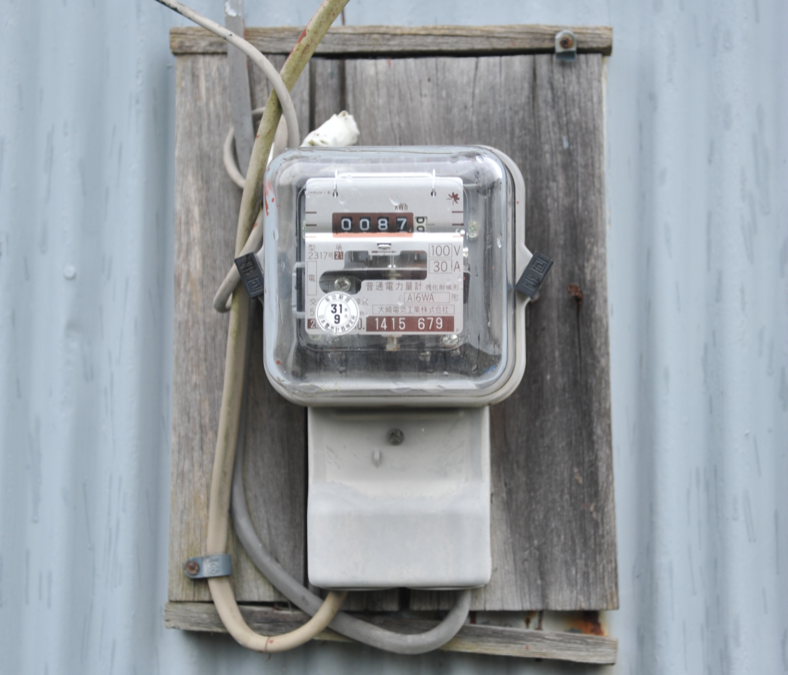I have lost count of the number of debates I have had around what makes a meter smart. Sure, a meter that can remotely capture consumption data at short intervals, can be remotely read, can be told to connect and disconnect, and can receive instructions to upgrade is definitely smarter than earlier generations of meters. But do these qualities make them smart?
When I think of ‘smart’, I think of a meter that has the capability to make and execute its own decisions without having to wait for instructions from the mother ship.
A couple of examples spring to mind. What if you had a surge in the adoption of electric vehicles in a local neighbourhood that had power supplied via a single transformer. Wouldn’t you want a meter that had the intelligence to work with its peers to know the capacity of the transformer they are on and help ensure a balanced load? For example, holding off on charging an electric vehicle until sufficient capacity becomes available.
How about a meter where certain measurements, such as temperature, can be monitored locally? Where the meter notices, its temperature is rising, yet all the nearby meters remain cool – the meter knows something is up. The overheating meter could create its own service request to have someone look at it. In this instance, we are moving toward condition-based maintenance of metering and away from the current approach to replace Meters based on age, which is incredibly expensive and inefficient.
What would you have your smart meter do, if it could think for itself?
.
.
In our book ‘utilidocs™, building blocks to a Digital Utility’ we have identified 18 services that become possible when a meter can ‘think for itself’. Get your copy here.
.
#connectedera #digitalutility #smartmeters #demandresponse #opendata
.
Contact me to find out how we can help you get the most from smart metering, demand response, and behind-the-meter technologies.
